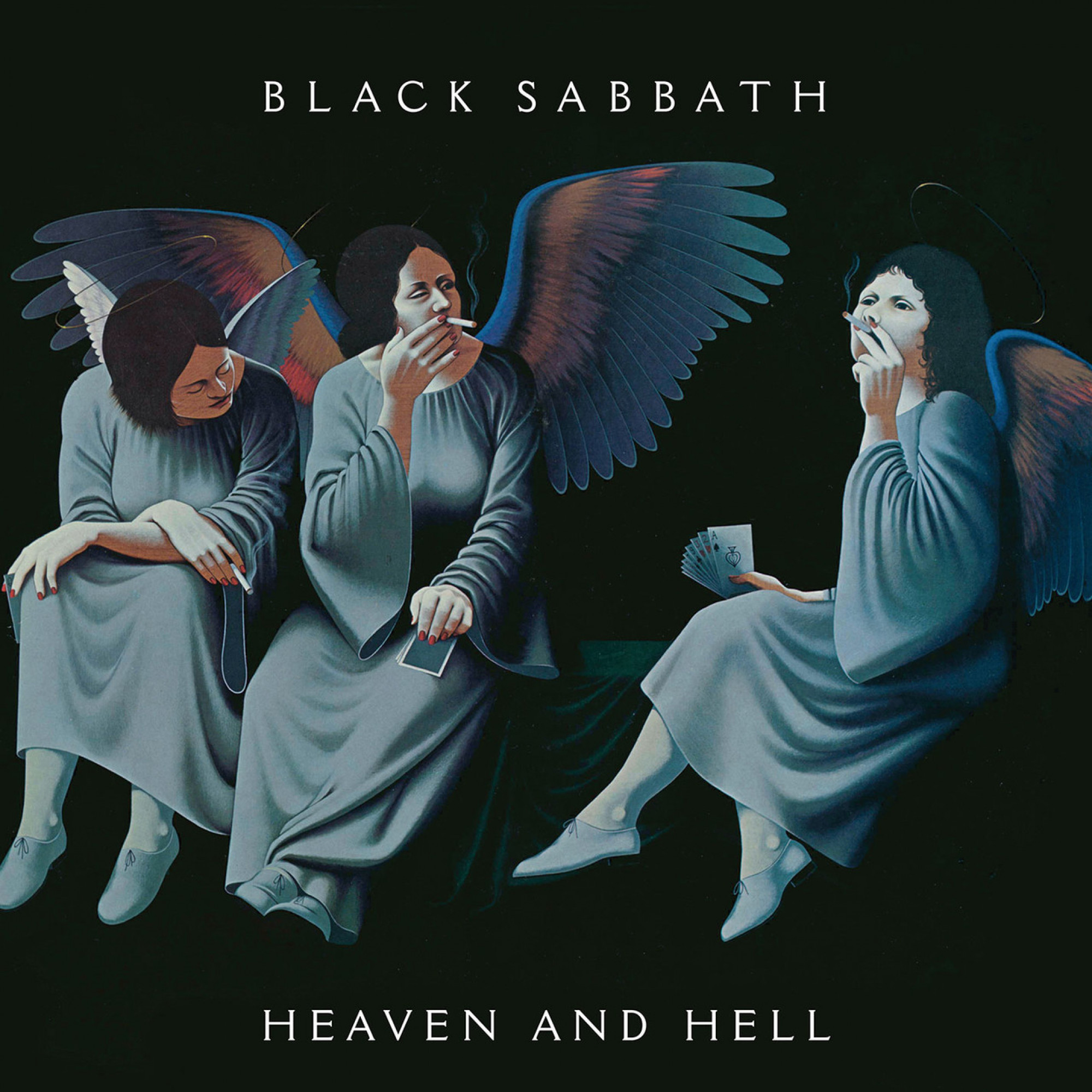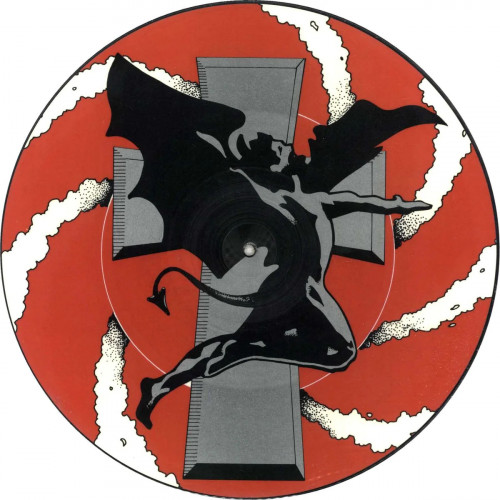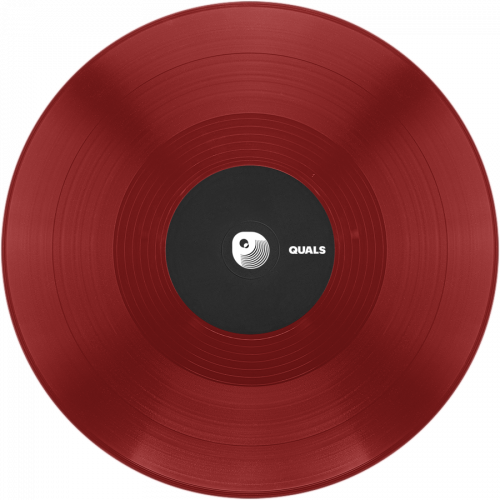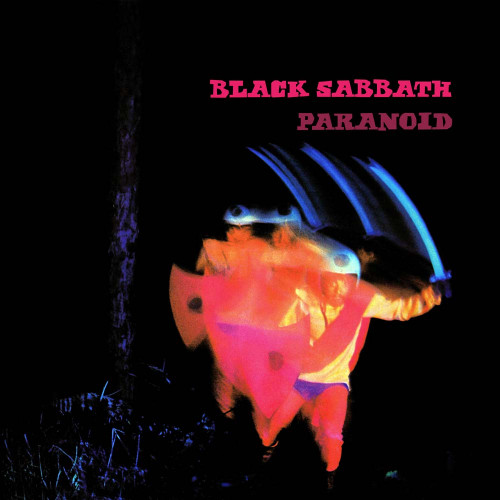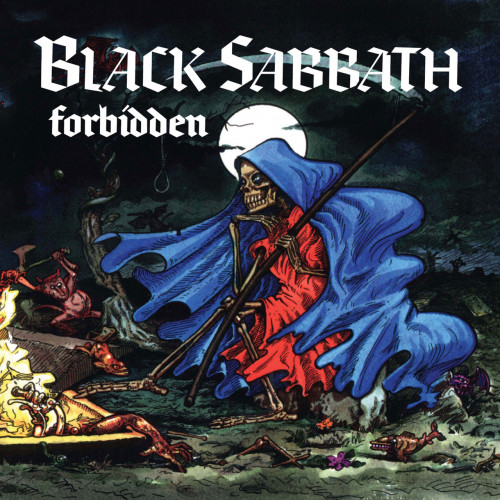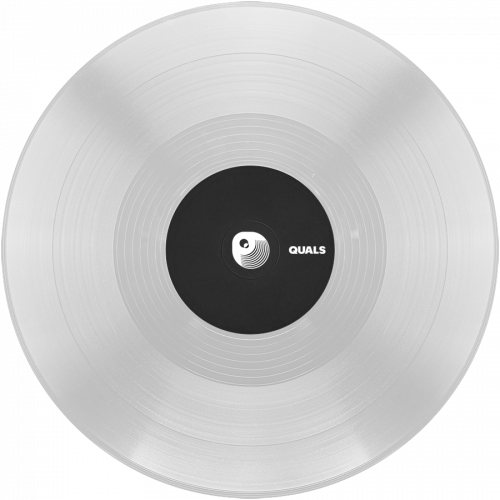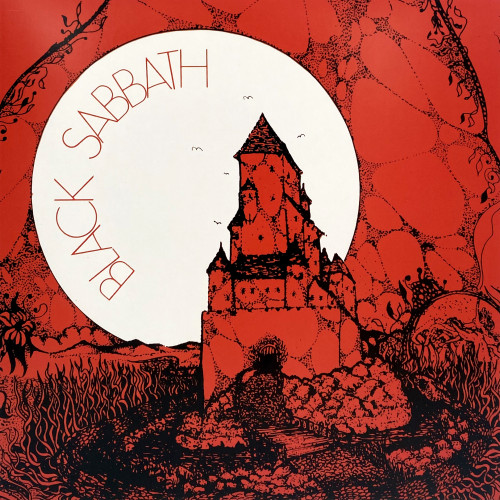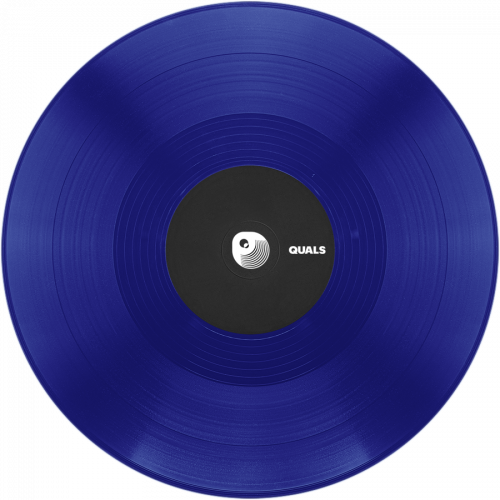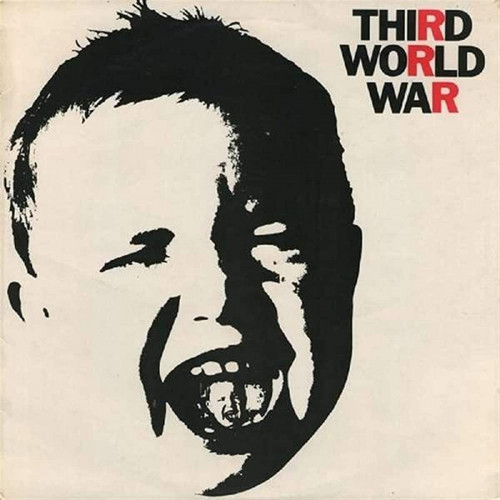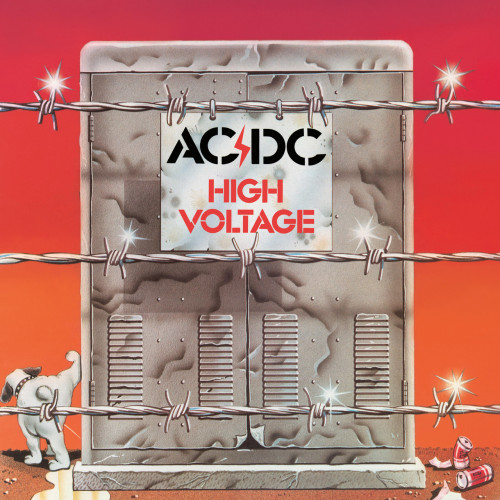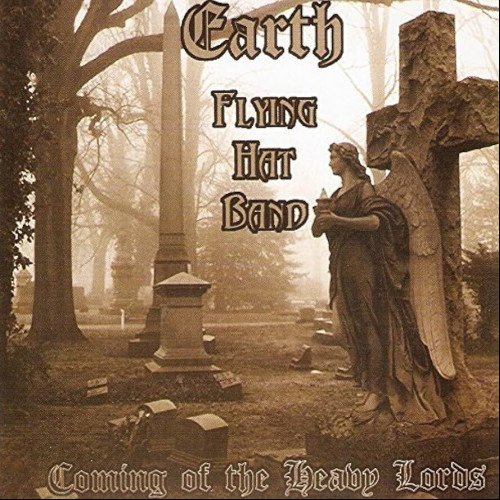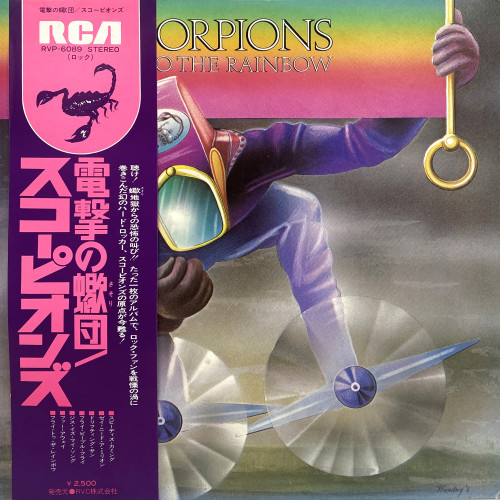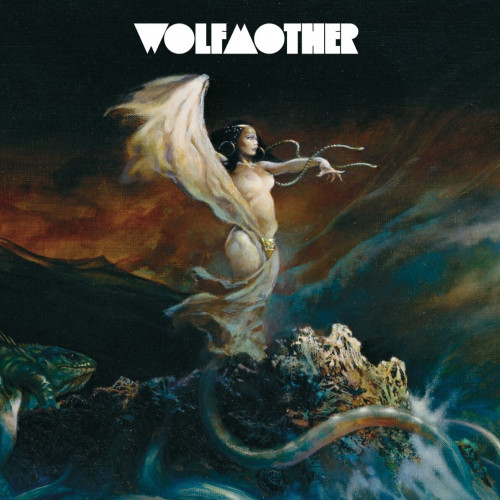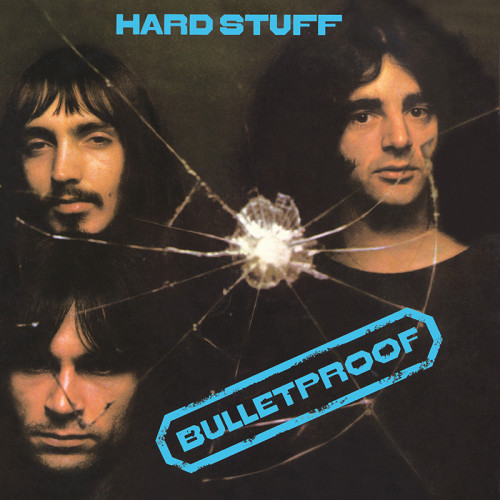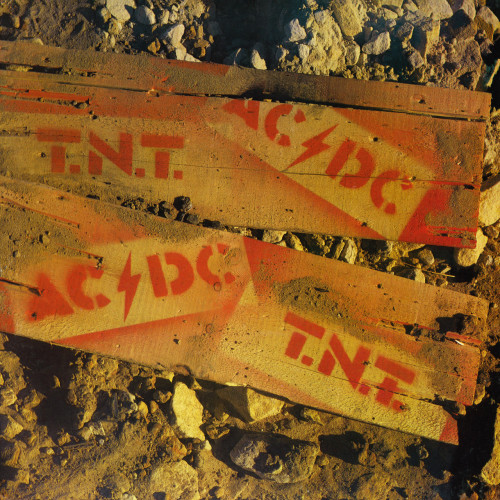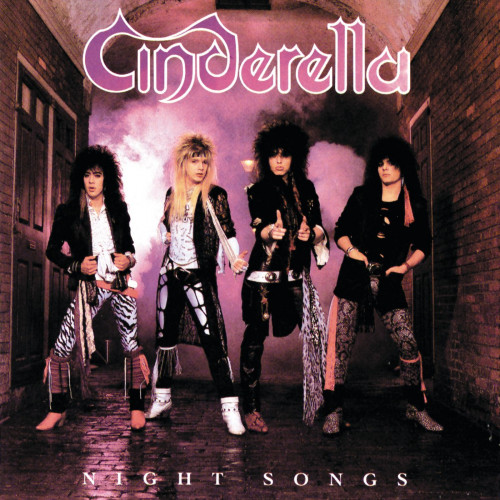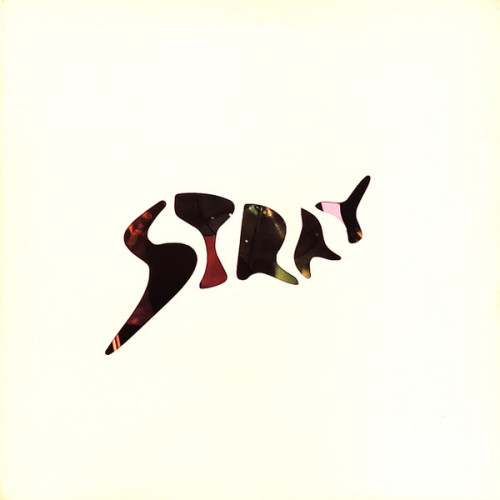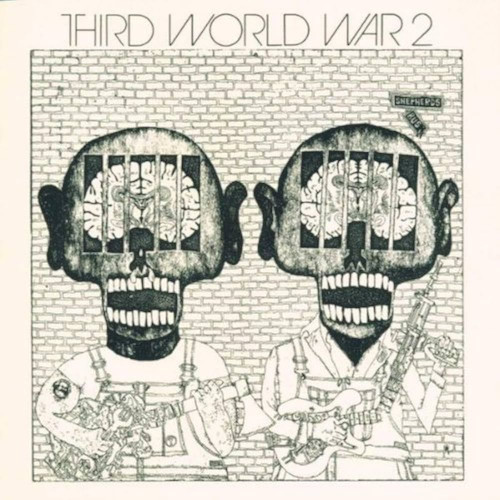By the end of the '70s, drug abuse and interpersonal turmoil had completely unraveled Black Sabbath. After straying from the sludgy intensity of their early records for a string of increasingly experimental and commercially underperforming releases, original vocalist Ozzy Osbourne left the band during the first round of recording sessions for ninth album Heaven and Hell. Rainbow vocalist Ronnie James Dio stepped in, transforming the group's sound completely by replacing Osbourne's idiosyncratic evil whine with a vocal style that was both more theatrical and technically controlled. The stylistic shift from heaviness to more intricate hard rock that had floundered on Osbourne-led albums like Never Say Die seemed perfectly fitted for Dio's driving vocals, with tracks like the high-tempo "Wishing Well" pushed forward by his soaring self-harmonizing and Geezer Butler's distinctive bass playing rolling strongly along. In many ways, Heaven and Hell found a Sabbath that was almost unrecognizable from the form they began in just over a decade earlier, but echoes of their past connected with a sense of rejuvenation for some of their strongest material since 1973's Sabbath Bloody Sabbath. The chugging riffing of opener "Neon Knights" taps into the forward motion of "Paranoid," but replaces the confusion and depravity of that unhappy anthem with excited, fantastical lyrics and Dio's dynamic vocals. "Children of the Sea" is a moody and wandering number that continues the classically informed songwriting that came in and out of focus on various earlier Sabbath tracks, and the epic title track builds to a full-boil rocker before winding down to an outro of eerie classical guitar as the dust settles. Dabbling with synthesizers on "Die Young" and the cinematic ending of "Lonely Is the Word" met with anthemic rock riffing on "Walk Away," all of which successfully expanded the band's range in ways that had flopped on their late-'70s albums. Upon its release, Heaven and Hell was one of Black Sabbath's more commercially successful albums, bringing the group into the '80s with a renewed spirit and a coat of production polish that saved them from the brink of demise they'd been teetering on. It would be the first of just a few records to include Dio, but his involvement breathed new life into the band and resulted in what would be one of their best Ozzy-free albums.
- Fred Thomas - allmusic.com
Musicians:
Tony Iommi - guitar
Ronnie James Dio - vocals
Geezer Butler - bass
Bill Ward - drums
